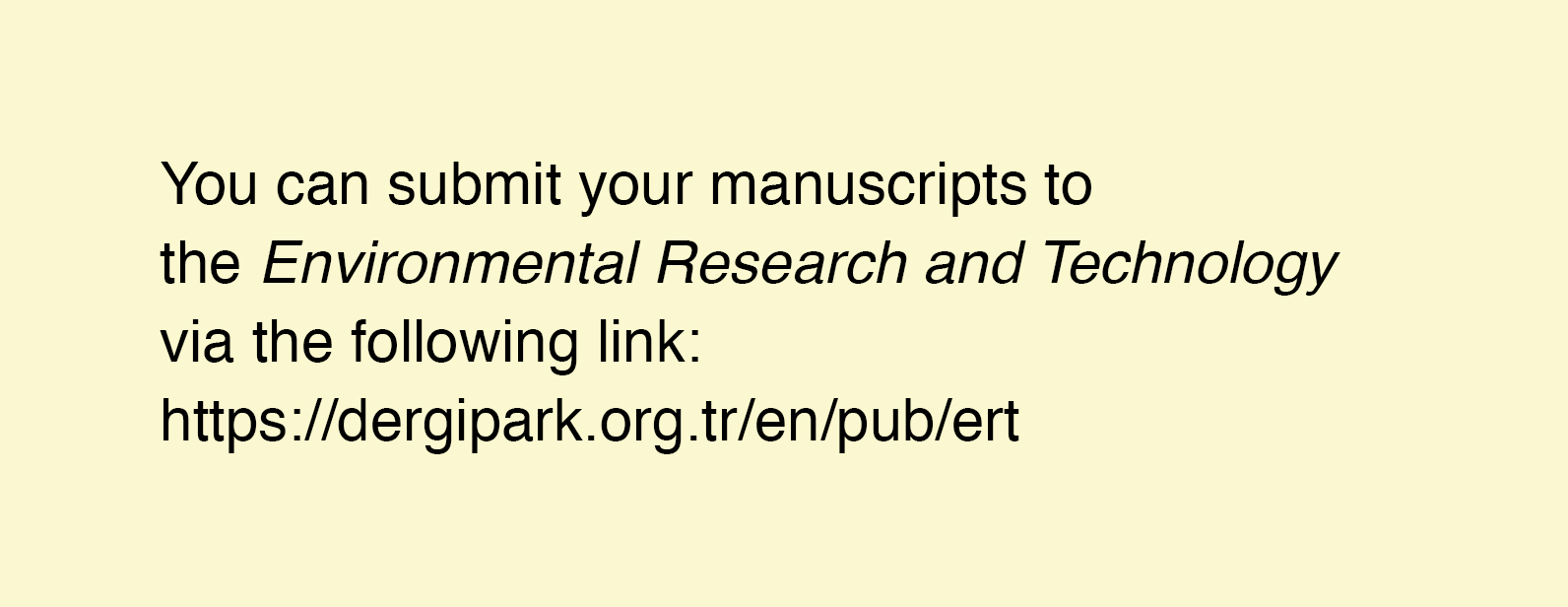Abstract
Industrial pollution is considered to be routed in the waste and byproducts of the production process. Traditional pollution control approaches try to eliminate and/or treat the pollutants which are often technically complicated and expensive. In this regard, industrial ecology and industrial symbiosis have emerged as effective strategy to eliminate industrial pollution. This principle requires the generated waste/by-products absorbed in the same or other industrial process cycles and thus the material cycle remains closed. Industrial pollution appears as a big problem in the global south countries, where industrialization is considered as the main thrust of economic development. Usually, in such countries formal pollution control approaches are primarily directed to the formal sectors (such as state owned and legally registered industries), informal sectors are often left behind. Although the role of informal sector is increasingly be-ing recognized for sustainable development, their significance in pollution abatement is a less discussed topic. This article attempts to investigate the informal industrial sector in Dhaka, Bangladesh with empirical evidence. Adopting a qualitative approach with field investigation of the informal industries and detail interviews, this study identified that the informal in-dustries are closely linked in clusters according to the manufacturing process and continue material/byproduct/waster exchange primarily from the need to minimize cost. The studied patterns of waste management practice indicate existence of industrial symbiosis without ad-equate academic/technical knowledge and designed efforts. This suggests that the informal sector can meaningfully contribute to sustainable development offering insights for the appli-cation of similar approaches in the formal sector.











